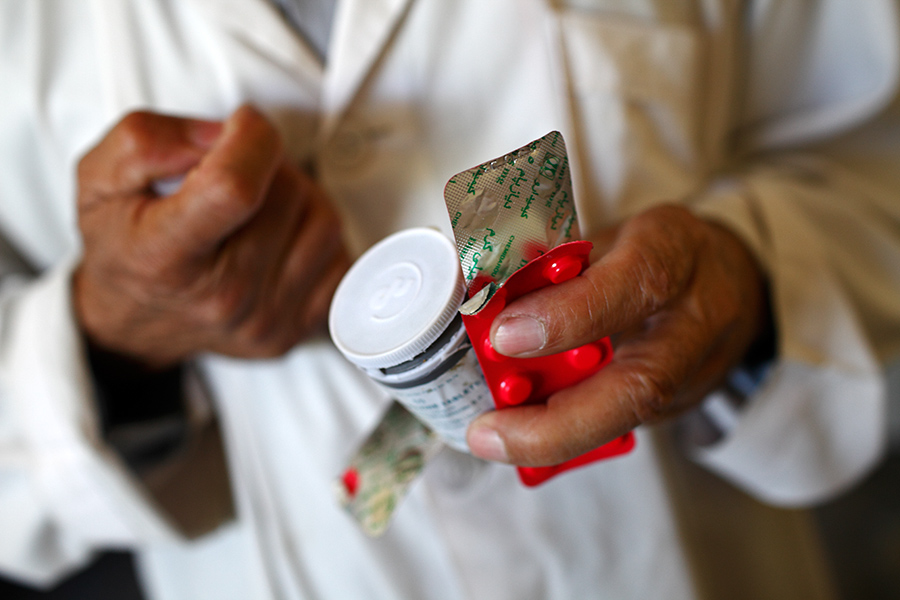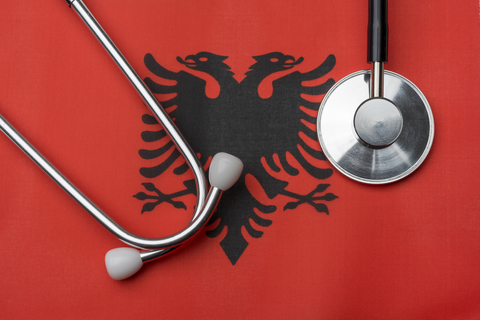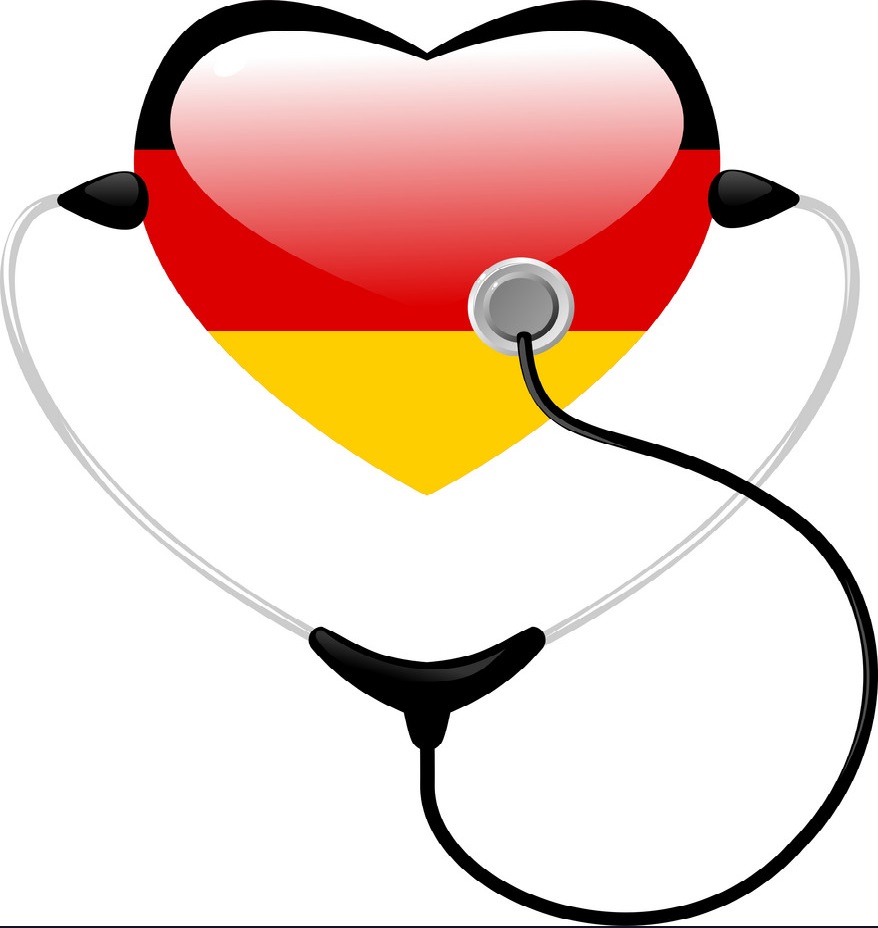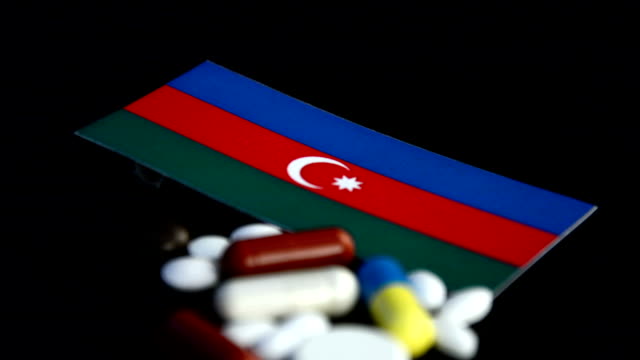Medicine in the different countries
Healthcare in Afghanistan
Decades of conflict in Afghanistan have caused poverty, high death rates and a severe shortage of hospitals, doctors and nurses. Many communities live without basic sanitation or access to safe drinking water.
Medicine and health in Venezuela
Before visiting Venezuela, you may need to get the following vaccinations and medications for vaccine-preventable diseases and other diseases you might be at risk for at your destination. To have the most benefit, see a health-care provider at least 4–6 weeks before your trip to allow time for your vaccines to take effect and to start taking medicine to prevent malaria, if you need it.
Health in Albania
Mains water is chlorinated and is fine for brushing teeth. However, bottled water is advised for drinking, especially outside Tirana. Brucellosis and tuberculosis are present in Albanian dairy cattle. Unpasteurised milk and homemade cheese should be avoided; however, in cafes and restaurants the milk is always UHT, and therefore safe.
The Austrian healthcare system
Austria is well known for a generous social system. Although spending has been reduced in recent years, you will still find very good healthcare and a strong social security system. There is an extensive network of hospitals and doctors covering even the remotest areas of Austria.
Medicine in Belgium
The health care system in Belgium is funded through the state sickness fund. There are four tiers of operation consisting of central government, national associations, federations of local societies, and local mutual aid societies. The Belgian government believes that this power sharing motivates each local fund to work hard to attract and satisfy its members.
Medicine in Bulgaria
Medical staff are extremely well trained in Bulgaria, but the standard of facilities and cleanliness is not up to the standards of western European countries. The Ministry of Health is responsible for the progress, execution and supervision of the National Health Service and policy in Bulgaria. Regional Health Centres are in charge of administration in each of the 28 administrative districts of the country. Health insurance contributions are mandatory for the working population.
Medicine in Bosnia and Herzegovina
Healthcare in Bosnia and Herzegovina is grossly under-funded. Limitations in the health system flourish because of lack of skills, motivation, suitable information technology and links between operational centres like the health insurance institutions, the public health institutions and health care facilities.
Medicine in Hungary
Medical care in Hungary is of a good standard; medical staff are highly skilled and care facilities are relatively well supplied. The Hungarian health service has experienced all-embracing privatisation in recent years. It is now funded through taxation and by the Health Insurance Fund (HIF) known in Hungarian as the Országos Egészségbiztosítási Pénztár (OEP).
Medicine in the United Kingdom
Great Britain represents all that is good and bad with centralized, single-payer health care systems. Health care spending is fairly low (7.5% of GDP) and very equitable. Long wait lists for treatment, however are endemic and rationing pervades the system. Patients have little choice of provider and little access to specialists.
Medicine in Germany
The German health care system has the reputation of being one of the best in the world. There is an extensive network of hospitals and doctors covering even the remotest areas of Germany.
Medicine in Algeria
Health in Algeria, according to information from a March 6, 2006 United States report, does not compare well with the developed world. Algeria has inadequate numbers of physicians (one per 1,000 people) and hospital beds (2.1 per 1,000 people) and poor access to water (87 percent of the population) and sanitation (92 percent of the population).
Medicine in Gibraltar
Gibraltar Health care facilities are available at various public wards, hospitals and clinics that are located in this European country. There are also some primary health care centers in Gibraltar. The British national can avail free Gibraltar Health care services at the Rock. The free treatment can be however availed only till a stay of thirty days.
Health care in Armenia
The social and economic upheavals that followed the earthquake of 1988 combined with the political collapse of the Soviet Union to create a catastrophic public health situation in Armenia.
Medicine in Azerbaijan
Azerbaijan's health care system was one of the least effective in the Soviet republics, and it deteriorated further after independence.













